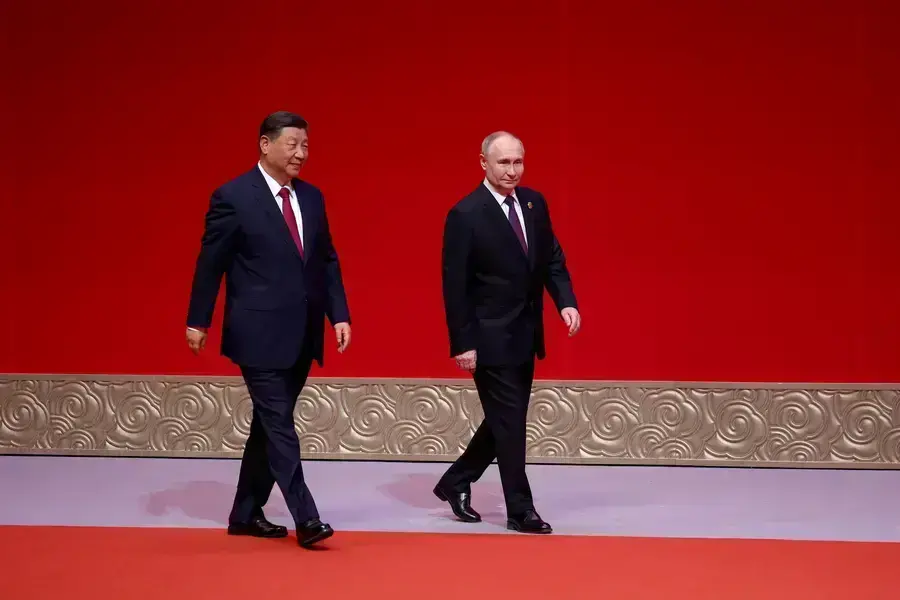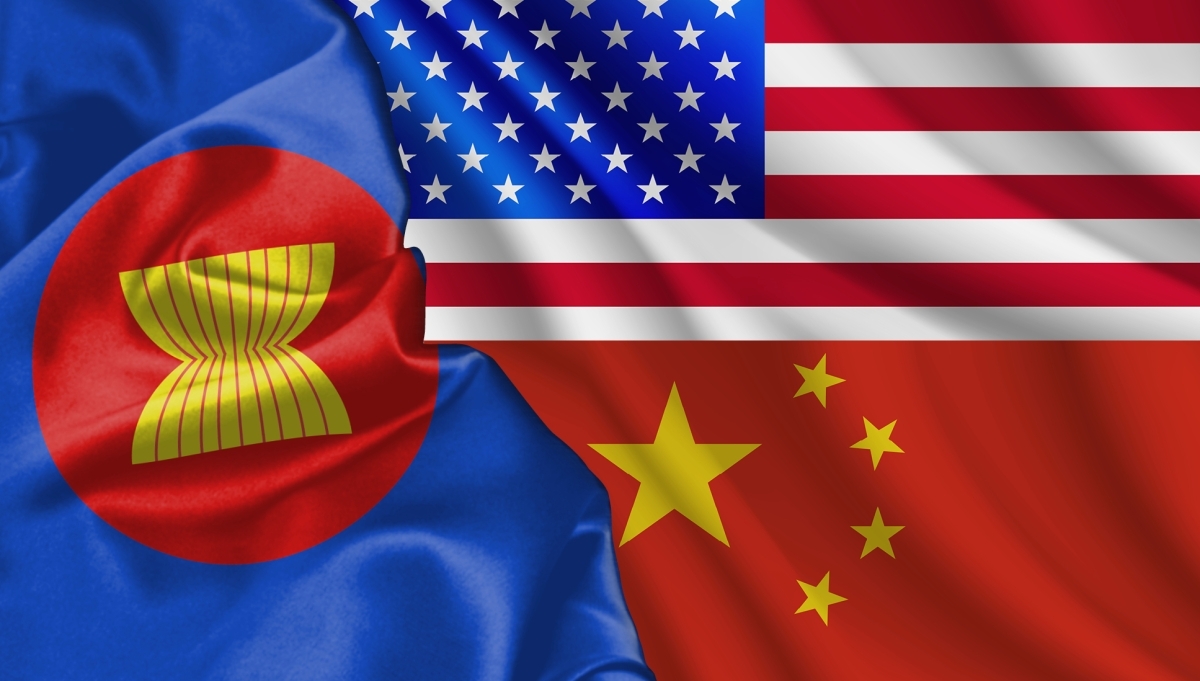
Published: April 11, 2025 7.12pm BST, The Conversation
Author Linggong Kong Ph.D. Candidate in Political Science, Auburn University
Disclosure statement
Linggong Kong does not work for, consult, own shares in or receive funding from any company or organisation that would benefit from this article, and has disclosed no relevant affiliations beyond their academic appointment.
Partners
Auburn University provides funding as a member of The Conversation US.
We believe in the free flow of information
Republish our articles for free, online or in print, under Creative Commons licence.
___________
When Donald Trump pulled back on his plan to impose eye-watering tariffs on trading partners across the world, there was one key exception: China.
While the rest of the world would be given a 90-day reprieve on additional duties beyond the new 10% tariffs on all U.S. trade partners, China would feel the squeeze even more. On April 9, 2025, Trump raised the tariff on Chinese goods to 125% – bringing the total U.S. tariff on some Chinese imports to 145%.
The move, in Trump’s telling, was prompted by Beijing’s “lack of respect for global markets.” But the U.S. president may well have been smarting from Beijing’s apparent willingness to confront U.S. tariffs head on.
Tiếp tục đọc “In trade war with the US, China holds a lot more cards than Trump may think − in fact, it might have a winning hand”

 Cờ Mỹ và Trung Quốc. Ảnh: Reuters
Cờ Mỹ và Trung Quốc. Ảnh: Reuters












